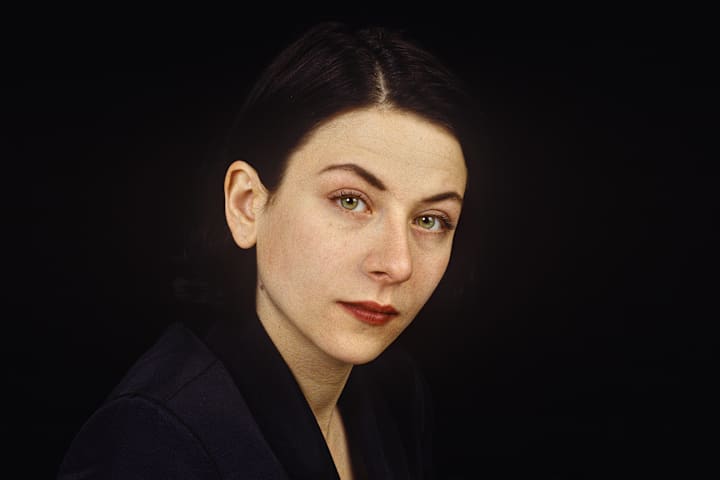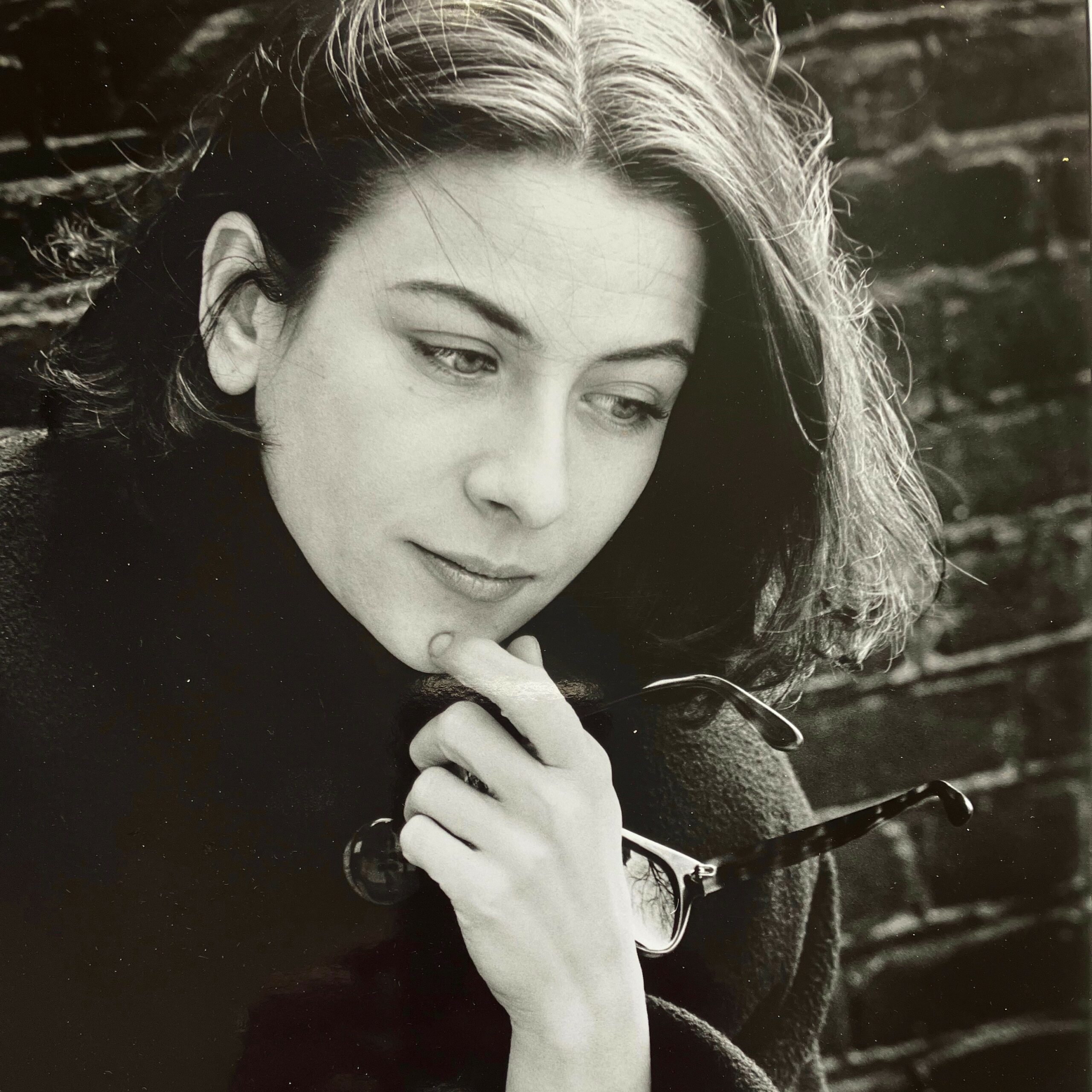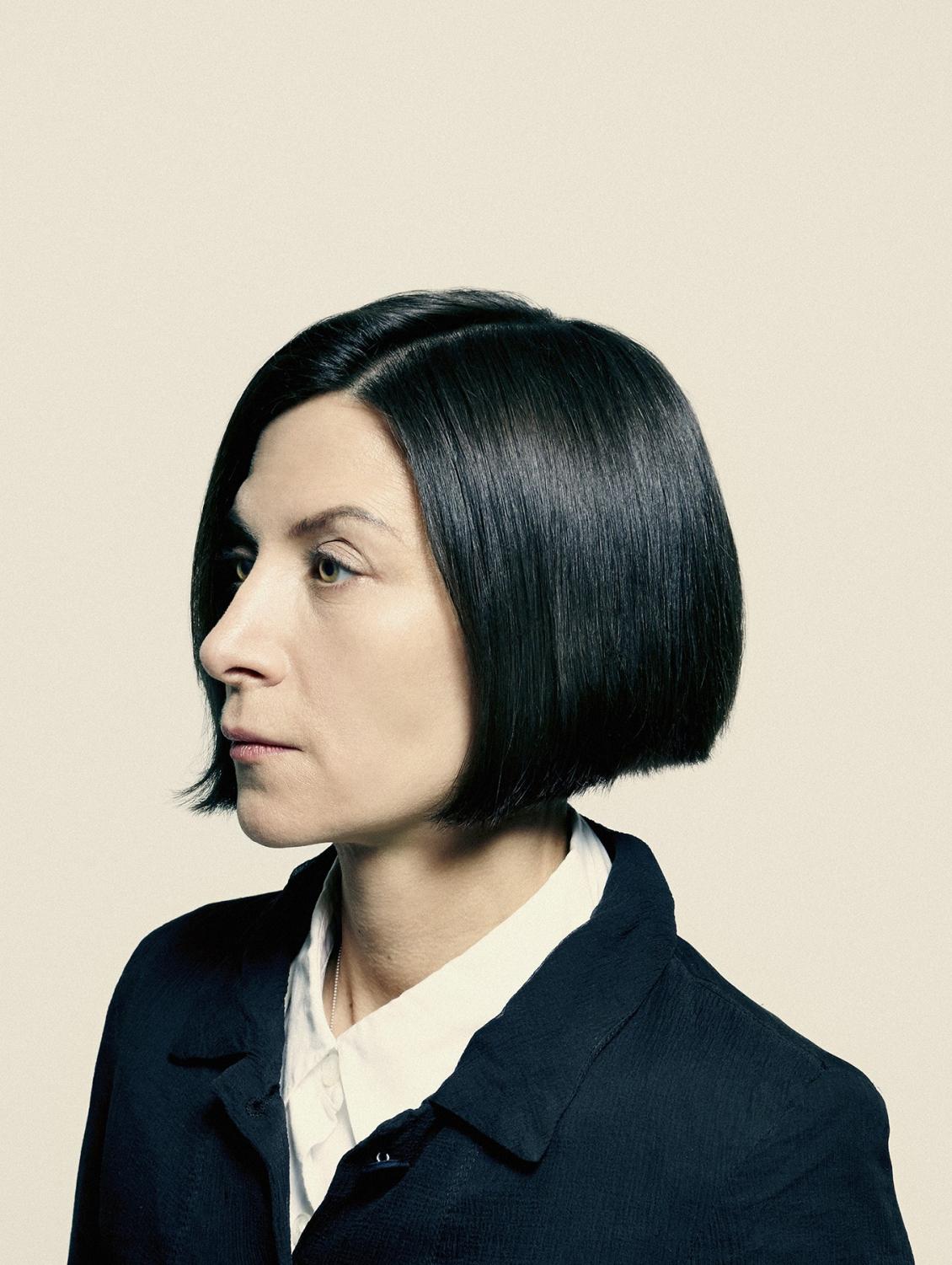The Secret History - Donna Tartt
Donna Tartt (b. 1963) is an acclaimed American novelist whose meticulously crafted works have captivated readers and critics alike. Raised in Greenwood, Mississippi, Tartt demonstrated literary talent from an early age, publishing her first poem at five and a sonnet at thirteen. She studied at the University of Mississippi before transferring to Bennington College, where she began work on her celebrated debut, The Secret History (1992)
Tartt’s novels are known for their lush, immersive prose and intricate plotting, often blending elements of psychological suspense and literary fiction. The Secret History, set in a fictional Vermont college, explores intellectualism, morality, and the blurry line between good and evil, earning Tartt instant literary stardom. Her second novel, The Little Friend (2002), is a Southern Gothic tale of childhood and vengeance in 1970s Mississippi. A decade later, Tartt published The Goldfinch (2013), a sweeping coming-of-age story that won the Pulitzer Prize for Fiction and cemented her reputation as one of the most significant writers of her generation.
Tartt’s work is marked by a rare combination of commercial appeal and literary depth. Intensely private, she is known for the long intervals between her novels—each taking roughly a decade to complete—and for her richly drawn characters and atmospheric settings. Her influence endures, with The Secret History credited for popularizing the “dark academia” genre and her novels translated into over forty languages
Does such a thing as the “perfect review”, that picture perfect review prose heavy and dreamy exist ?
In an interview with The Queen’s Reading Room1 when asked When you wrote The Secret History, did you intend to write about what makes life meaningful? Tartt replies “I’m not sure there’s any other reason to write, not for me anyway. The novel as an art form is mostly about the search for meaning. The students in The Secret History are searching intently for meaning – for the Real – but in grasping for it so desperately they grab it by the wrong end”. and i can say that she indeed laid it out beautifully.
and as the New York Times puts it “Enthralling… Imagine the plot of Dostoyevsky’s Crime and Punishment crossed with the story of Euripides’ Bacchae set against the backdrop of Bret Easton Ellis’s The Rules of Attraction forceful, cerebral and impeccably controlled… ferociously well-paced… remarkably powerful”
if your wondering why i keep quoting about the book instead of talking about it, that is because i am at luck of words, this prose heavy dense exploration into obsession, love, sacrifice, wisdom and human psyche and yearning for meaning with just mere teenagers studying classics.
The idea that we are thrown into this reverse mystery and moving along we also are alien to the topics that are laid out in front of our eyes is an addition that i really enjoyed and loved. While half or even more of the references in the book went over my head, i really loved and enjoyed that part of it, the story begins out with this picture perfect characters and then we slowly see the crushed and crumpled to the point we reflect back and ask ourselves even if they were the same characters we started out with.
The book is written to be read slowly and at a pace where one can really delve into it and appreciate the intricate details of the world and everything within it, i started reading the book May 24 and finished it May 30, while i cannot say i devoted my time and took a slow appreciative approach to it, i certainly don’t regret the time spent on it.
There was a chapter in the book 200 pages long which made me question even the essence of chapters at that point, but throughout that slow burning chapter we get to learn and experience the characters in this melodramatic scene with side stories taking a life of their own, at first i dragged my feet through that and really hated it, but now since i had time to think things over and reflect on it, i think it was a wise decision it is a part that book that really jolts the characters out to life, i lived in Hampden and went to the parties, and i saw Henry read his books and Julian’s elegance, i had dinner at the twins apartment and enjoyed in Francis country house, i roamed around Vermont in the snow and in the sun. Another interesting things about the book is that the students being actors in their own tragedies. They are so captured and enticed by what they believe that they embody it.
I won’t try to analyze or interpret the book here because there are tons of videos and articles that already do that, the book contains social criticism of all nature from Class (Class is all over this book. One could even say the central conflict is not the crimes committed but Richard’s desperation to deny his working-class background and ‘pass’ as a bourgeoisie.) had to put that there, but overall enjoyed the book and YES IT’S WORTH THE HYPE DESERVES IT. no wonder it started that dark academia aesthetic trend.
Somethings that caught my eyes
“I believe that it is better to know one book intimately than a hundred superficially”
“‘Aristotle says in the Poetics,’ said Henry, ‘that objects such as corpses, painful to view in themselves, can become delightful to contemplate in a work of art.’”
“Beauty is terror. Whatever we call beautiful, we quiver before it.”
“Beauty is rarely soft or consolatory. Quite the contrary. Genuine beauty is always quite alarming.”
“The more cultivated a person is, the more intelligent, the more repressed, then the more he needs some method of channeling the primitive impulses he’s worked so hard to subdue. Otherwise those powerful old forces will mass and strengthen until they are violent enough to break free, more violent for the delay, often strong enough to sweep the will away entirely.”



